In this recording, it’s that time of year again – the week after the Nobel prize, and global excitement about a diverse range of chemical exploration and innovation is still buzzing away. In this webinar you will hear about the groundbreaking achievements unveiled by the Nobel prize in chemistry back in 2023.
During the discussion, our expert panel delved into the award-winning research to celebrate and analyse the latest recognition of this important contribution to the world of chemistry. This hour-long webinar features discussions about the far-reaching impact the Nobel-winning work of that year holds. Whether you’re a seasoned chemist, an aspiring researcher, or simply someone with a curiosity for scientific advancement, the content of this webinar highlights the remarkable strides being made at the forefront of chemistry.
Phillip Broadwith
Business editor, Chemistry World
Phillip will kick things off, giving us a brief summary of why the prize is so significant.
Christopher Murray
Richard Perry university professor of chemistry and materials science and engineering, University of Pennsylvania
Christopher Murray’s research focuses on the preparation, characterisation, and integration of nanomaterials. Before joining University of Pennsylvania, USA, Chris was a staff scientist and manager in IBM’s Research Division, where he led the “Nanoscale Materials & Devices” Department at the T. J. Watson Research Center. Chris received his BSc Degree with Honors in Chemistry from St. Mary’s University in Halifax Nova Scotia, Canada before pursuing his PhD in Chemistry at the Massachusetts Institute of Technology (MIT). While at MIT, Chris worked under the supervision of professor Moungi Bawendi. This work was recently recognised when Bawendi was named a co-recipient of the 2023 Nobel Prize in Chemistry. Chris also contributes to the broader scientific community in nanoscience and engineering by serving on numerous advisory boards for national and international scientific centers, journals, conferences, and professional organisations.
Thuc-Quyen Nguyen
Director, center for polymers and organic solids, University of California, Santa Barbara
Thuc-Quyen Nguyen is the Director of the center for polymers and organic solids and professor in the Department of chemistry & biochemistry at the University of California, Santa Barbara. Nguyen received her PhD in 2001 from the University of California, Los Angeles. From 2001-2004, she was a postdoctoral scholar in the Department of chemistry at Columbia University working with Louis Brus and Colin Nuckolls. She joined the faculty at UCSB in 2004. Recognition for her research includes the 2015 Alexander von Humboldt senior research award, 2016 Fellow of the Royal Society of Chemistry, 2023 Wilhelm Exner medal, 2023 elected member of the National Academy of Engineering, and 2023 de Gennes prize in materials chemistry.
Archana Raja
Staff Scientist, Molecular Foundry, Lawrence Berkeley National Laboratory.
Archana Raja completed her PhD in chemical physics from Columbia University under the supervision of Tony Heinz and Louis Brus in 2016. After spending a year as a postdoc in the Applied physics department at Stanford University, she joined the Kavli energy and nanoscience institute at UC Berkeley as a Heising-Simons postdoctoral fellow in Paul Alivisatos’ group. In July 2019, she became a Staff scientist at the Imaging and manipulation of nanostructures facility at the Molecular Foundry and was awarded the Early career lab directed research development award. She is also the recipient of the Blanche R. and David Kasindorf fellowship in physical chemistry at Columbia University, the Institute silver medal at the Indian Institute of Technology in Bombay and recognized as part of the 2019 Rising stars in physics cohort.
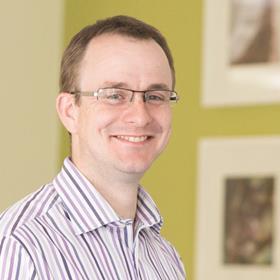
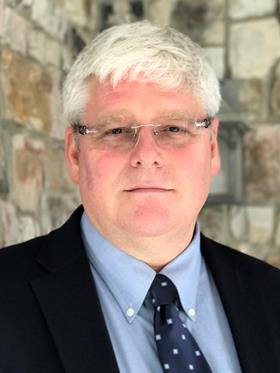

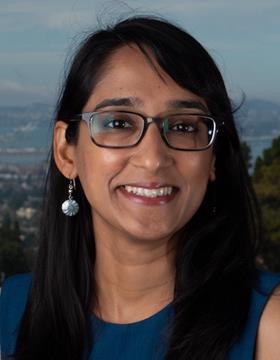


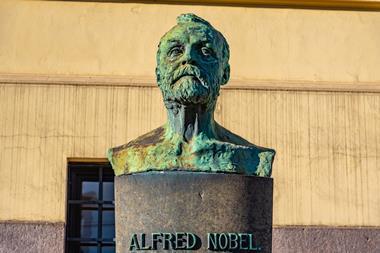
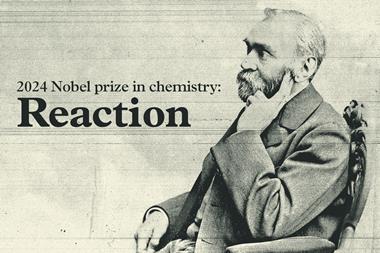







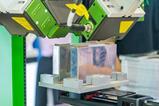
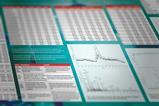

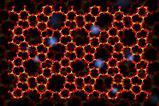

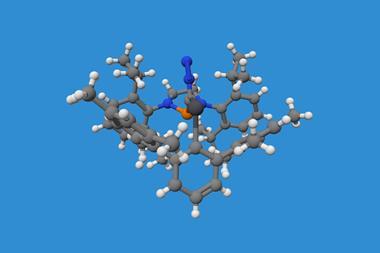
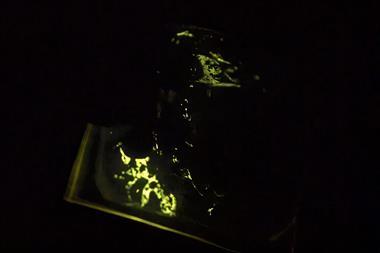





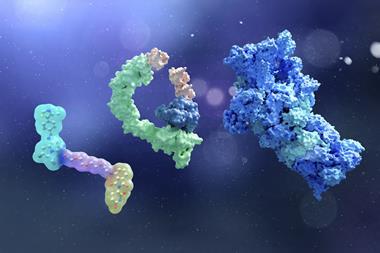
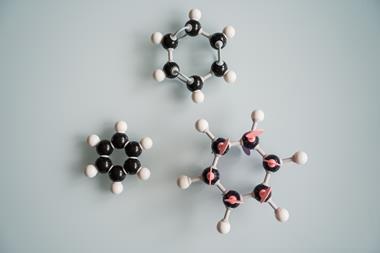

No comments yet